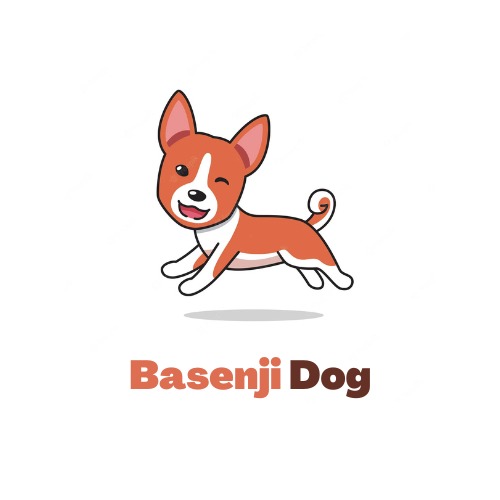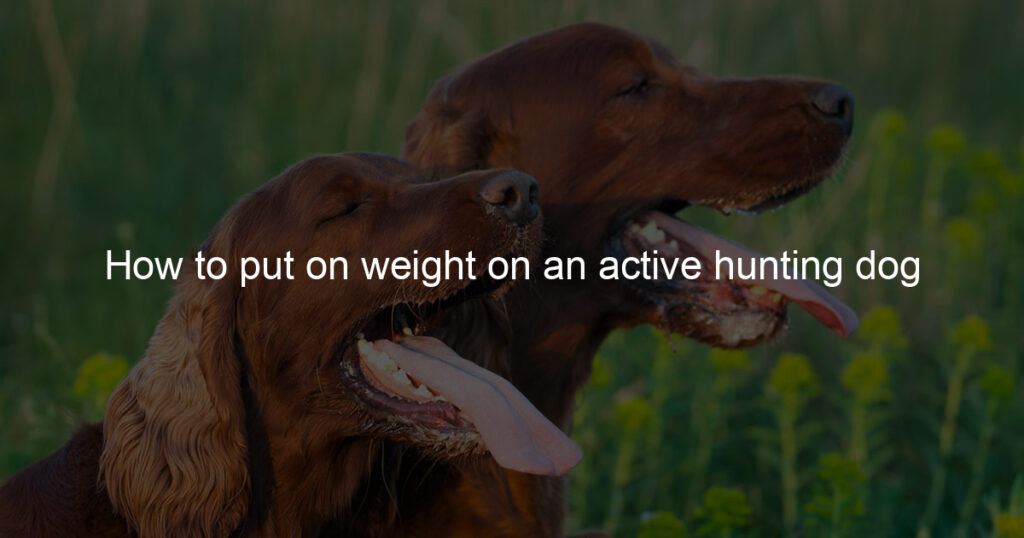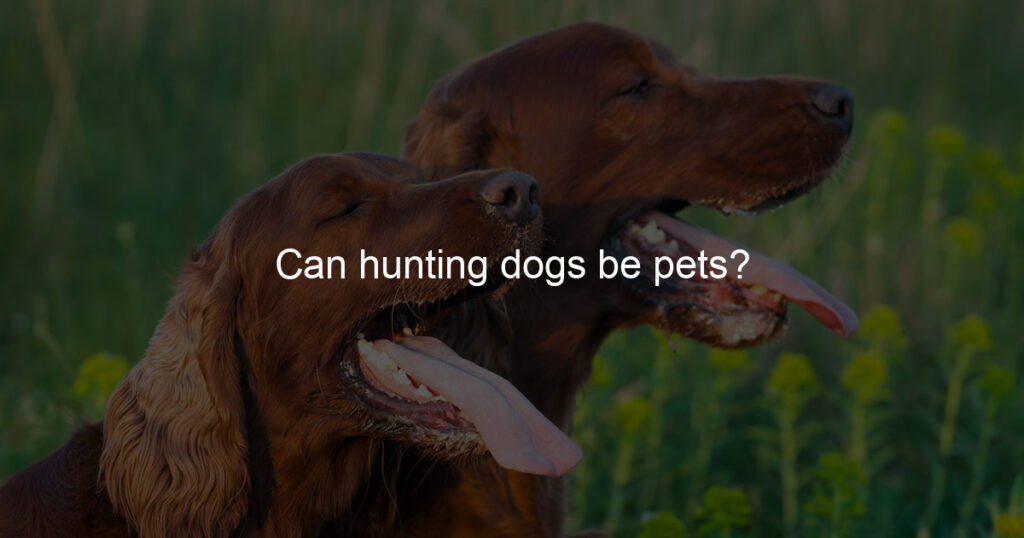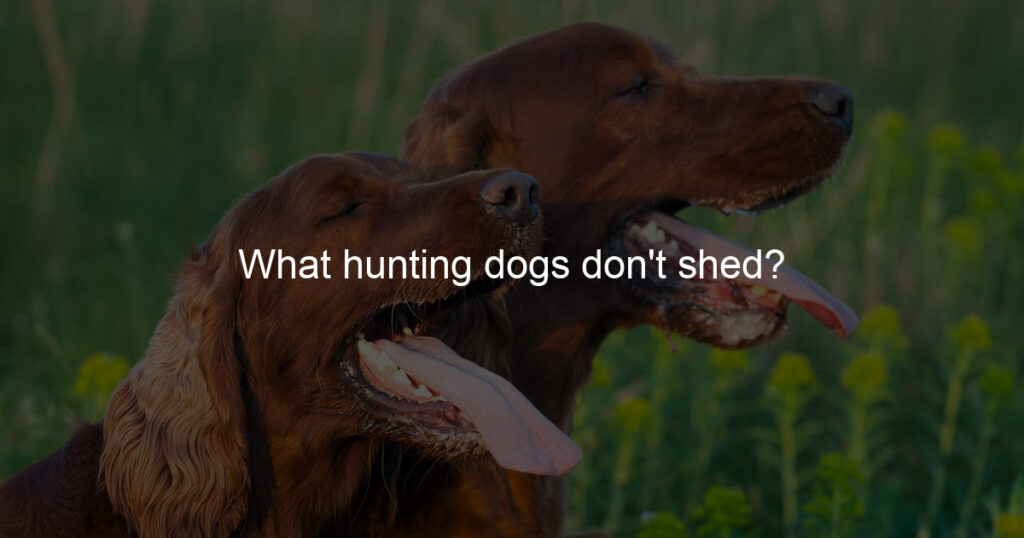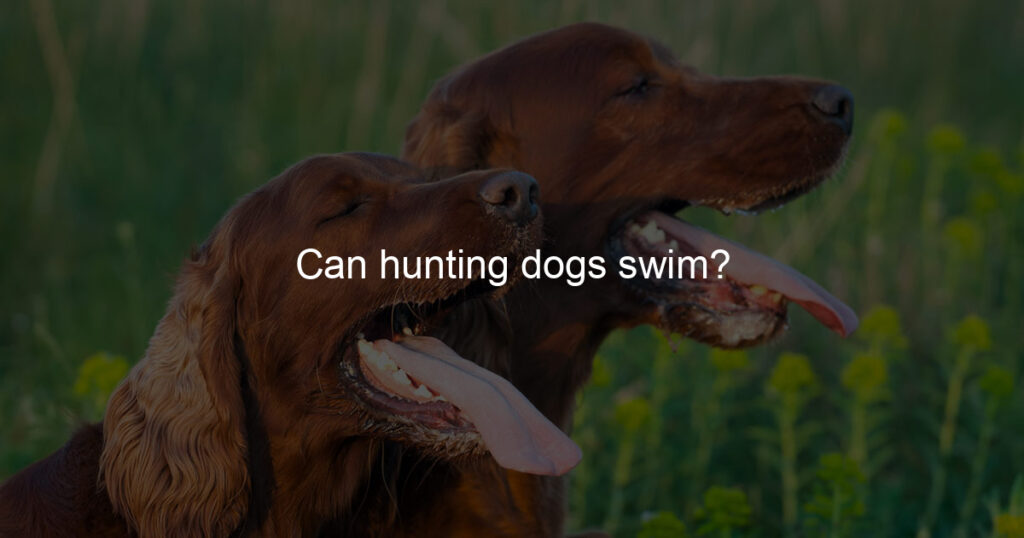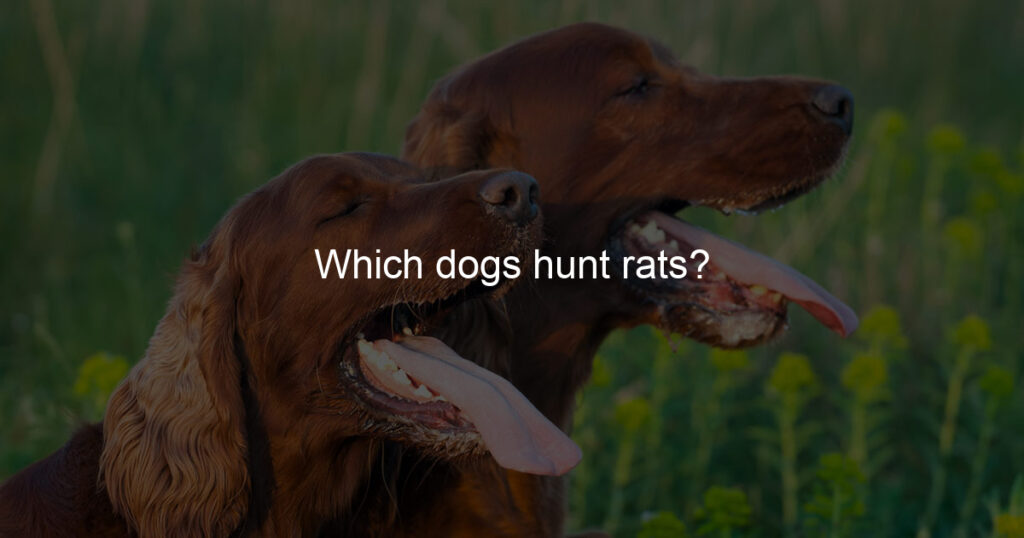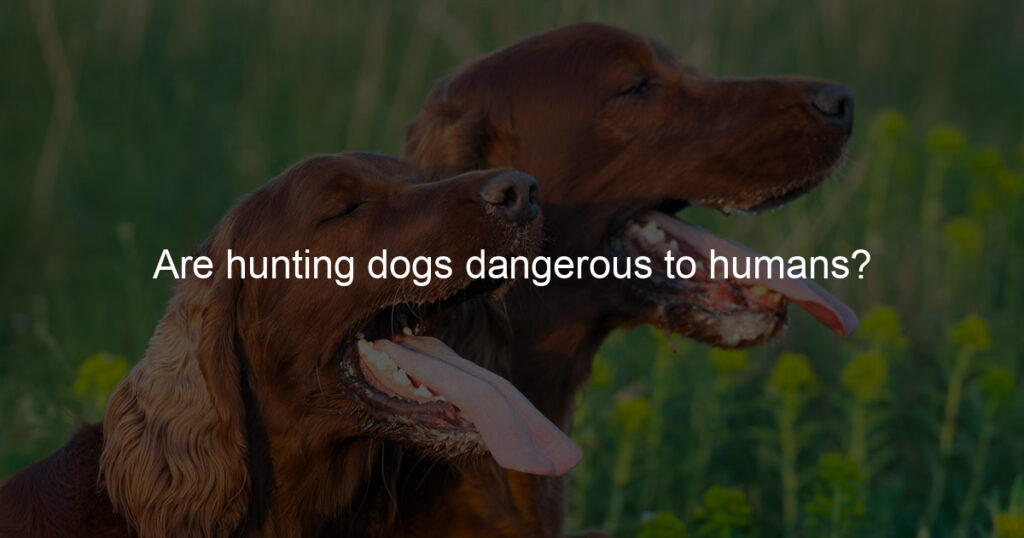If you have an active hunting dog, chances are you’ve struggled to keep weight on them at some point. Here are a few tips to help your pup bulk up without sacrificing its energy levels.
1. Add calorie-dense foods to their diet – If your pup is active, they typically need more calories to keep up with their activity level. Look for calorie-rich food like cooked eggs or canned fish (like sardines or tuna) that can be added to their regular kibble or meals.
2. Feed multiple times a day – If your pup is an active hunter, chances are they have high energy levels and need more frequent meals to keep up. Consider splitting their daily food ration into two or three smaller meals throughout the day. This will help them get the necessary calories without over-eating.
3. Increase feeding portions – If your pup is having trouble putting on weight, it may be because they’re not getting enough calories. Increase the amount of food you give them at each meal to ensure that they are consuming enough calories to meet their needs.
4. Add healthy fats – Healthy fats like olive oil, flaxseed oil, and coconut oil can help your pup gain weight. Add a teaspoon of oil to their meals once or twice a day to help them put on the pounds.
5. Look for supplements – If your pup still isn’t gaining weight, consider looking into supplements and other products designed specifically for hunting dogs that need to bulk up. These can help provide an extra boost of calories and other important nutrients to help your pup reach its ideal weight.
By following these tips, you should be able to help your active hunting dog put on the pounds without sacrificing their energy levels.
How do you put weight on a hunting dog?
If you own a hunting dog, you may be concerned that they are not putting on enough weight. A healthy weight is essential for any hunting dog, but especially a working one. Fortunately, there are plenty of ways to make sure your four-legged partner is in tip-top shape before their next hunt. First and foremost, it’s important to feed your pup quality, nutrient-dense food – make sure it’s designed specifically for the workload that a hunting dog requires!
Additionally, supplementing with more complex proteins such as fish meals will help to ensure the highest quality protein intake for your pup. Moderately increasing portion sizes is another way to put some extra pounds on your pup. Some owners might choose to add on high-calorie treats like cheese or meaty snacks as rewards for good behavior when training – just don’t go overboard! And finally, get your furry friend outdoors every day if possible! Fresh air and physical activity can bring them back into fighting form in no time.
What foods put weight on dogs?
Knowing what food to feed your pup is an important responsibility, and while we all love indulging our four-legged friends, there are a few foods that may put some extra weight on them. Fatty meats like bacon hotdogs and sausage should be avoided due to their high caloric content. It’s also best to steer clear of fatty dairy products like cheddar cheese and ice cream, which can contain added sugar.
Another no-no is human snacks like chips, cookies, and pastries; most of these contain unhealthy refined carbohydrates which in turn make our pups gain weight. It’s best to feed your dog lean proteins like chicken or turkey as well as fresh fruits and vegetables instead so they stay healthy and fit!
What is the best food to feed hunting dogs?
When it comes to feeding hunting dogs, nutrition is key. Not all conventional pet food can provide the nutrients necessary for an active lifestyle which is why it’s best to find a food specifically formulated for hunting dogs. A good quality diet must be rich in proteins, carbohydrates, and fat to nourish an intense work ethic as well as supplements for muscle recovery.
Since these dogs expend a lot of energy under extreme physical activity and stress, they need more amino acids, especially L-carnitine which helps break down fatty acids used as fuel during exercise. With this in mind, look out for specialized dog food products that are specifically tailored toward the needs of hard-working hunting dogs.
How often should you feed a hunting dog?
Feeding your hunting dog can be tricky – it’s no secret that they need a lot of energy to keep up with you while hunting in the wilderness, but how often is too often? The answer depends on your dog’s breed, size, and activity levels, but experienced hunters advise anywhere from twice a day to once every two days.
Doing so ensures that your furry companion gets the nutrients needed for a long and healthy life in the field. So, when creating your pup’s meal plan, consider heavily exercising breeds or large breeds that require more energy. Then tailor their eating schedule to fit their needs – it doesn’t have to be time-consuming and you definitely won’t regret the extra effort!
It’s a Wrap!
Eating more to put on a healthy weight in an active hunting dog is a balancing act. It requires knowing the breed and its needs when it comes to nutrition, being patient as the weight gain can be gradual and also recognizing that any changes to diet should ideally occur with veterinarian approval.
For owners of active hunting dogs who struggle with their pup’s frailty, know that there are options available, and don’t be afraid to ask your vet for advice in terms of nutrition changes or supplements. Supplements can help bridge the gap between what food we can provide and what is needed for optimal health, so ensure you research them for your pup’s benefit. Above all else, however, patience pays off.
